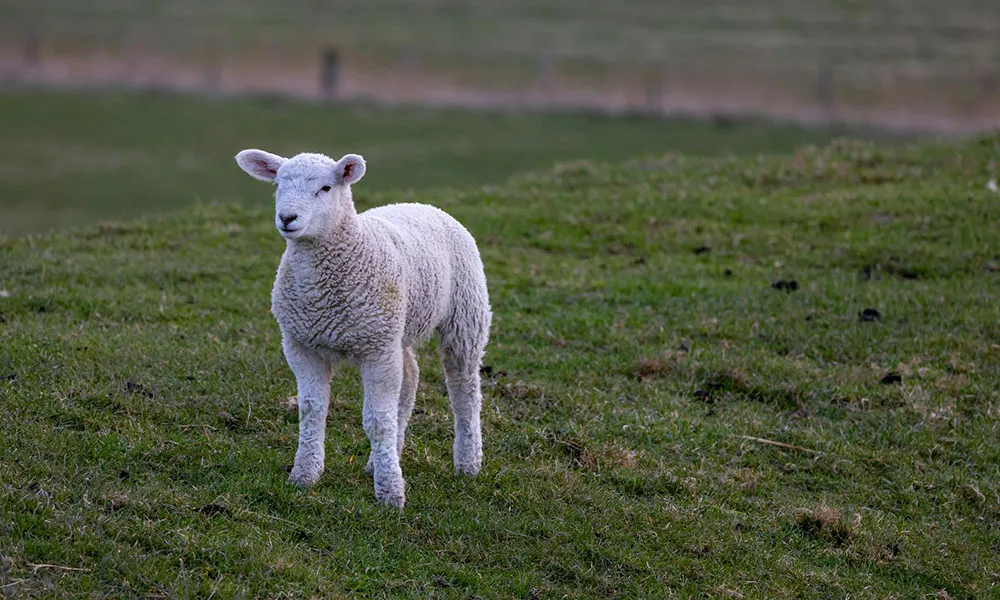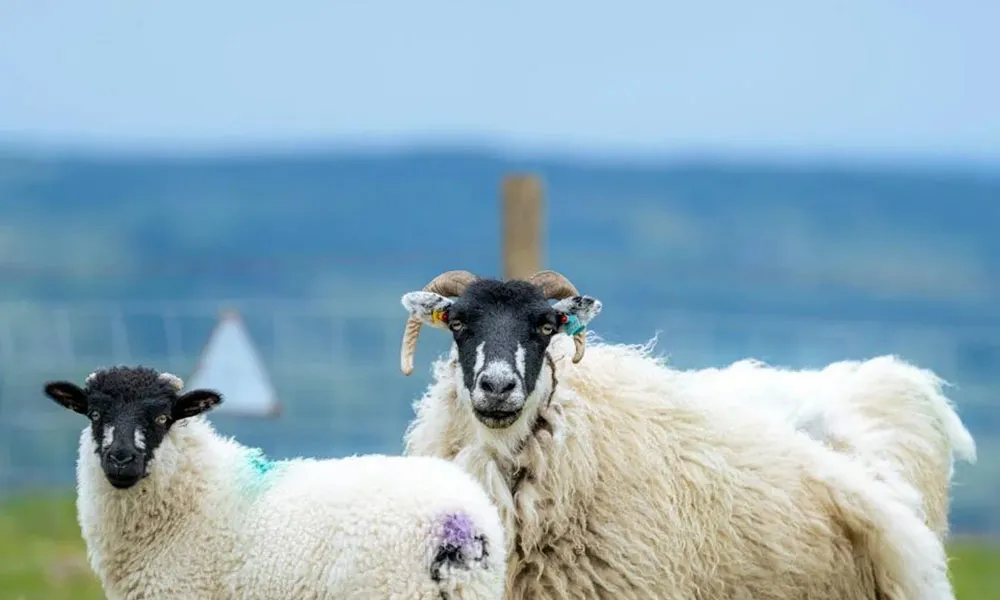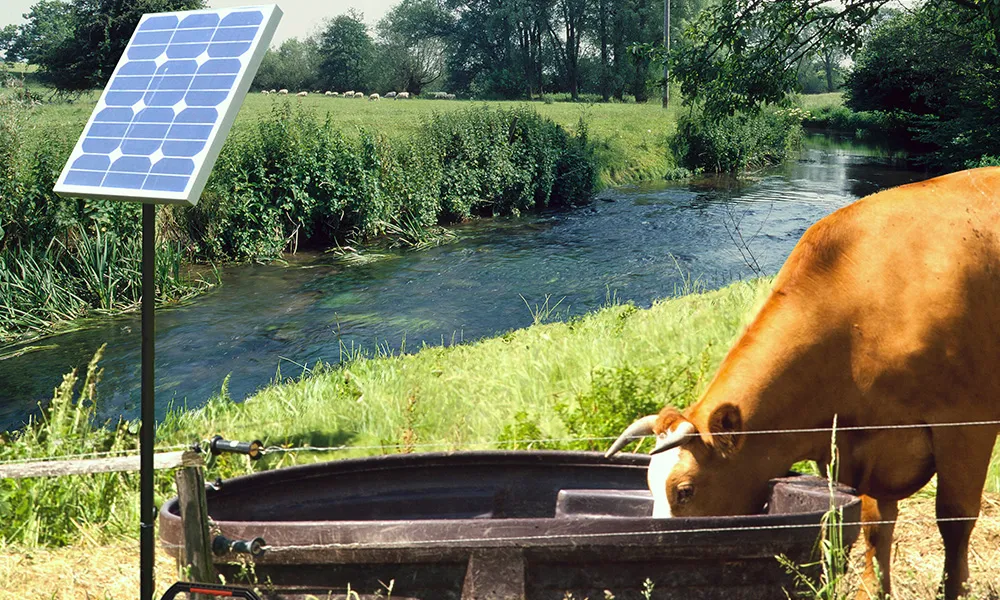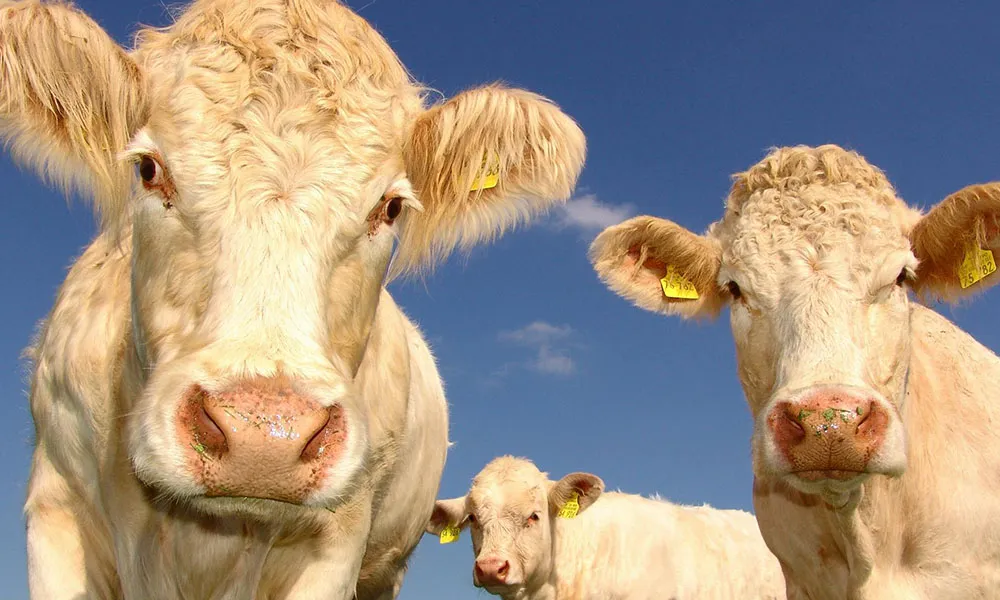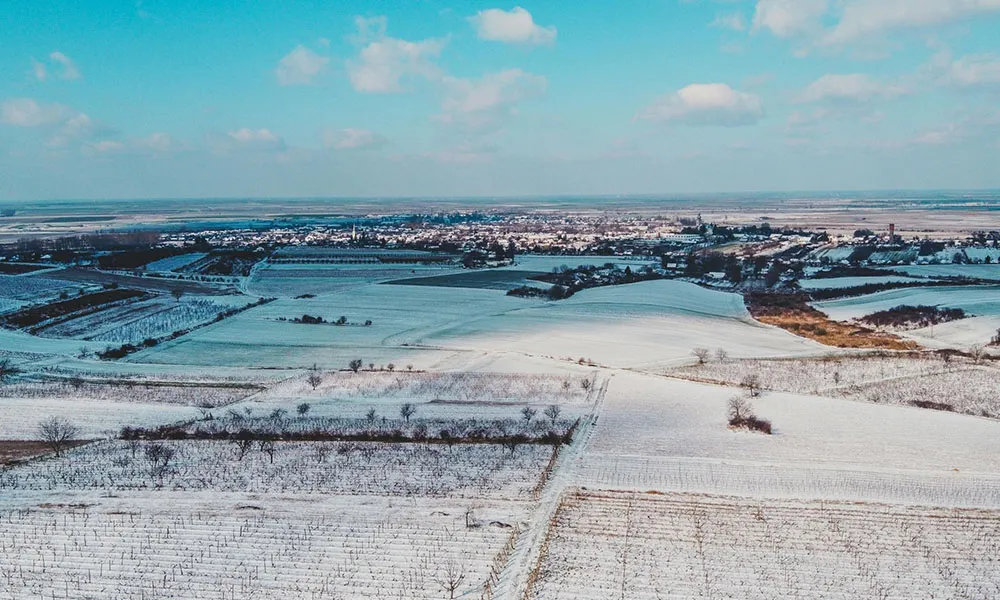
Perfect conditions for parasites
Last week we discussed how the present turn of warm, wet weather is providing ideal breeding conditions for the blowfly. As farmers, we need to be aware that this autumnal humidity offers up more than one threat. A range of parasites are likely to thrive in current weather conditions. Among these, few are a bigger threat than the liver fluke.
For the time being, ground has held up well in all but the spongiest, boggiest land; but if current rainfall continues much longer, we will start to see surface water in places. With temperatures set to remain in the mid to high teens for the foreseeable, we can expect a serious escalation in grass fluke levels in the coming weeks. Naturally, we as farmers want to take every possible precaution to protect livestock from a bad bout of fluke. A serious fluke problem is uncomfortable for animals and a potential catastrophe for farm revenue.
Good fencing
A good treatment regime is the best way to manage liver fluke this autumn, and I will get to that point in a moment. But first of all, it is worth considering what you can do to preempt a fluke strike and reduce its severity. With anthelminthic resistance becoming a problem on Irish farms, we need to look at alternatives to heavy and frequent dosing. One way to reduce your animals’ intake of fluke is to fence off the wettest areas of the paddock. This is easier to do for cattle than for sheep. For cattle, a temporary, single-string electric fence will do the job. For sheep, you will need a full sheep-wire fence or four rows of electric.

Don’t forget that sheep are far more vulnerable than cattle to serious fluke-related illness and death. If possible, try to keep them on the driest ground you have over the next few weeks. Ideally, you should keep a patch of bone-dry paddock, or a good rock field, to flush your ewes for tupping.
Treatment
There are a range of excellent products on the market for treating liver fluke in Ireland. Here at Agridirect.ie, we sell all of the best legal fluke treatments. However, it is important to remember that most of these only kill fluke at the mature, adult stage. This means that, in most cases, a single treatment of fluke will not kill the younger, immature fluke that an animal has picked up in the six or eight weeks prior to dosing. A second autumn dose will therefore be required a few weeks after the first.
Products made using the active ingredient Triclabendazole will kill fluke at all stages in the animal. However, you should still be wary. It seems that there is a higher-than-average level of anthelminthic resistance to this ingredient, particularly in Irish sheep. If you want peace of mind that a fluke dose is working, you should have dung samples tested before and after dosing. This will give you a good idea of the level of anthelminthic resistance on your farm.
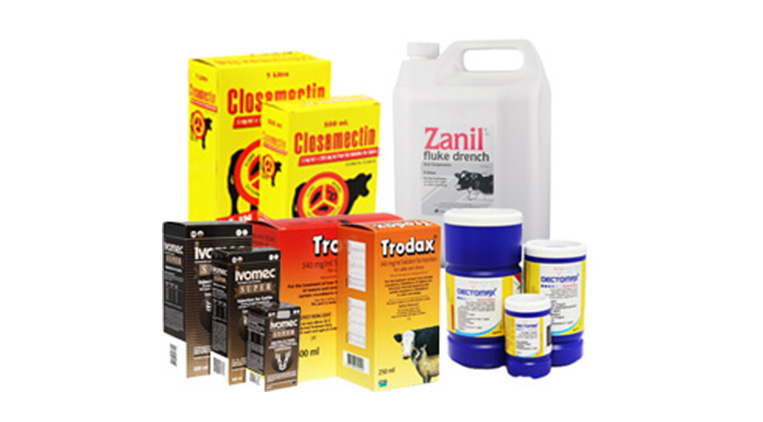
When administering
Again, given the problem of anthelminthic resistance on Irish farms at the moment, we need to be additionally cautious about the volumes we administer. Researchers maintain that parasitic resistance to dosing is attributable to overuse of treatments.
This is why you should try to gauge the weight of each animal as accurately as possible before giving a dose. Obviously, the best way to do this is to run each animal onto a livestock weighing scales before administering. If a scales is an expense you can’t afford, a neighbour or friend might be willing to lend you theirs! Once you know the weight of the animal, always administer according to the dosing rates provided by the manufacturer.
Thanks for reading
So that’s it for another week here at the Animal Health Corner. Autumn is always a tough time on the farm. Between tupping season, parasite worries and livestock sales, we often find ourselves pulled from one dilemma to another at dizzying speed. I know I do. If this is the case, don’t forget to put aside a small amount of time in the week to take a rest. Watch a bit of TV or spend some time with family and friends. Whatever you need to help you relax. It has been a nightmarish year, after all, and barring the most serious emergencies, the animals will survive without you for an hour or two. Your own health and wellbeing are important and need looking after, too. I think farmers, more than those in most professions, are inclined to forget that from time to time.
Thanks for reading.




